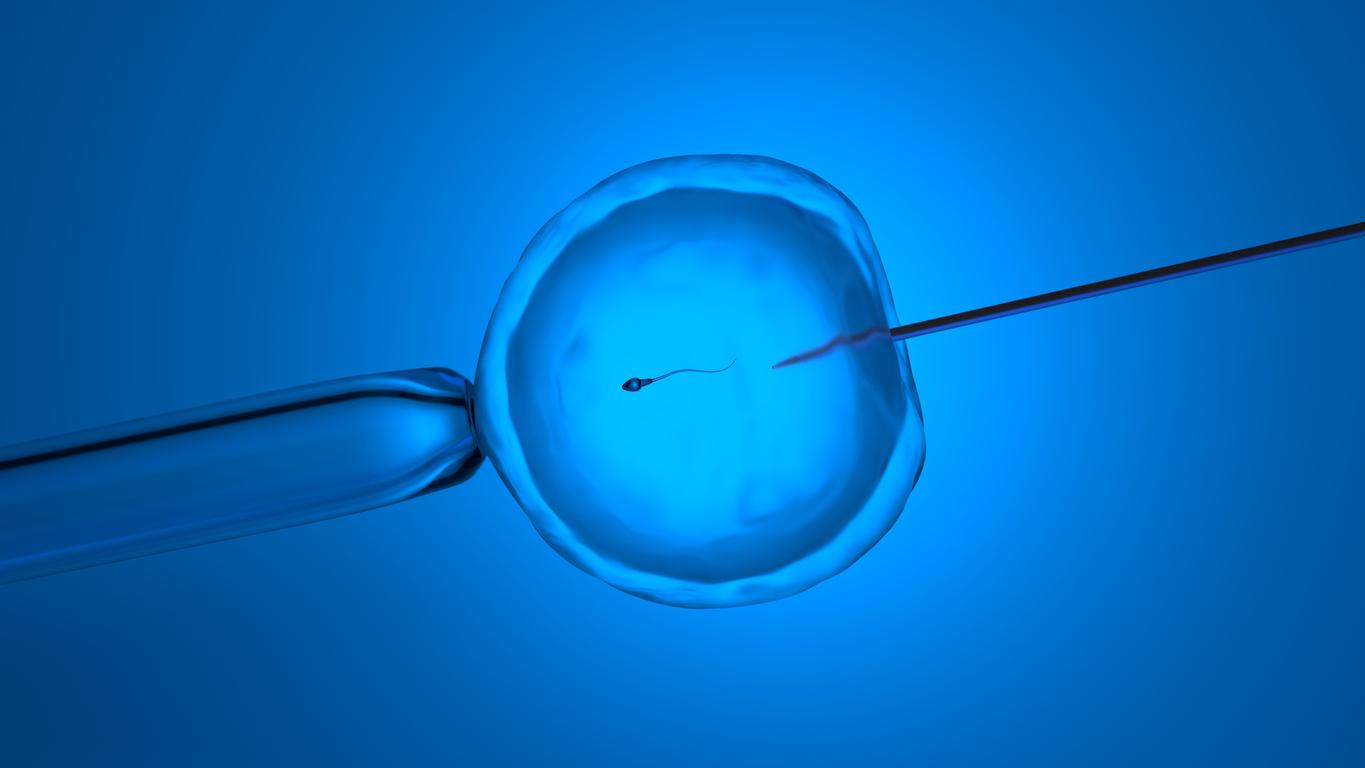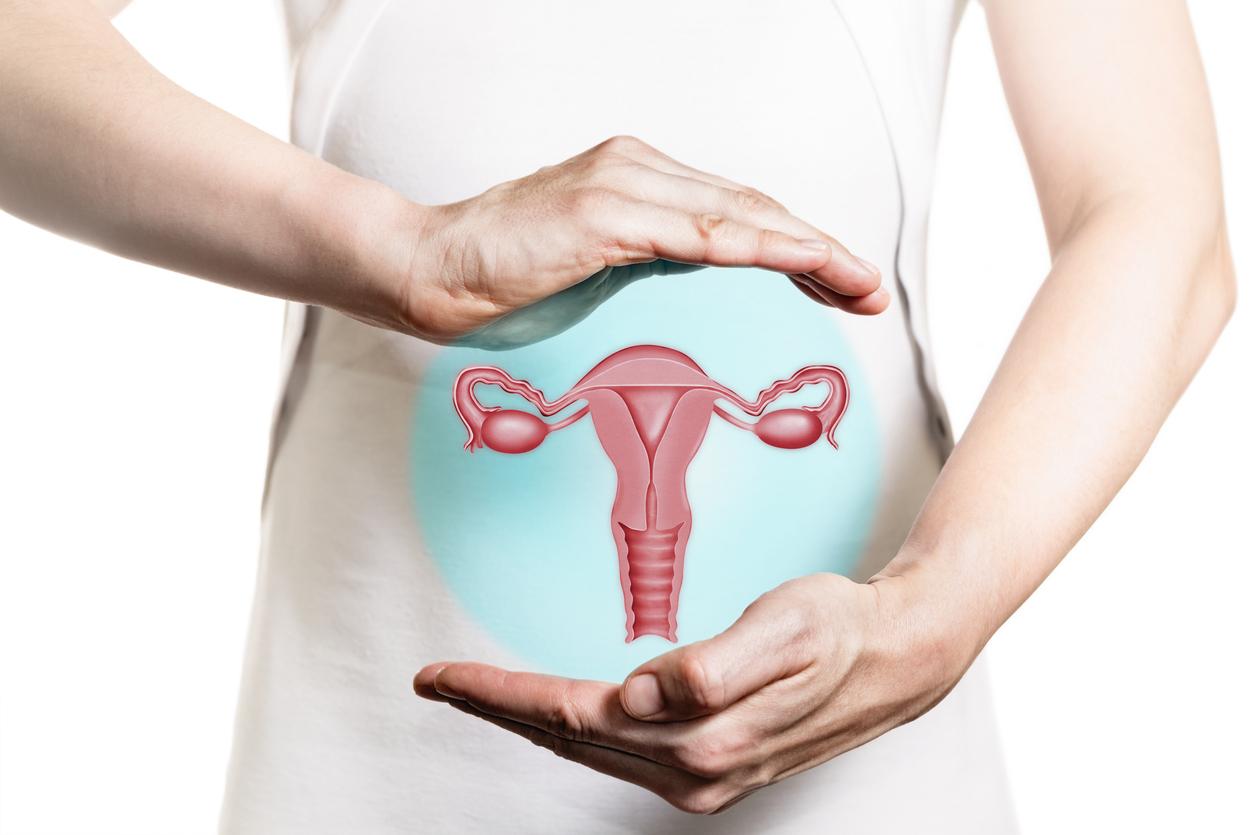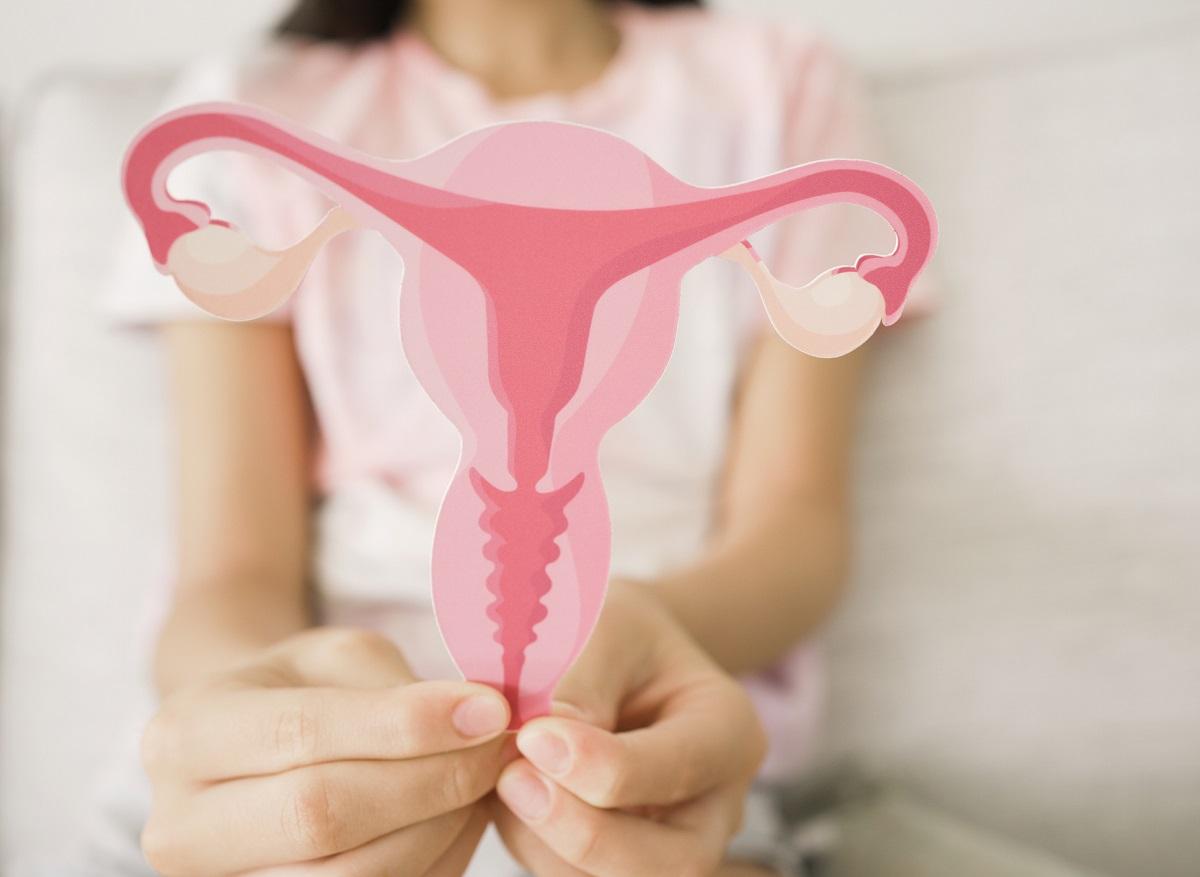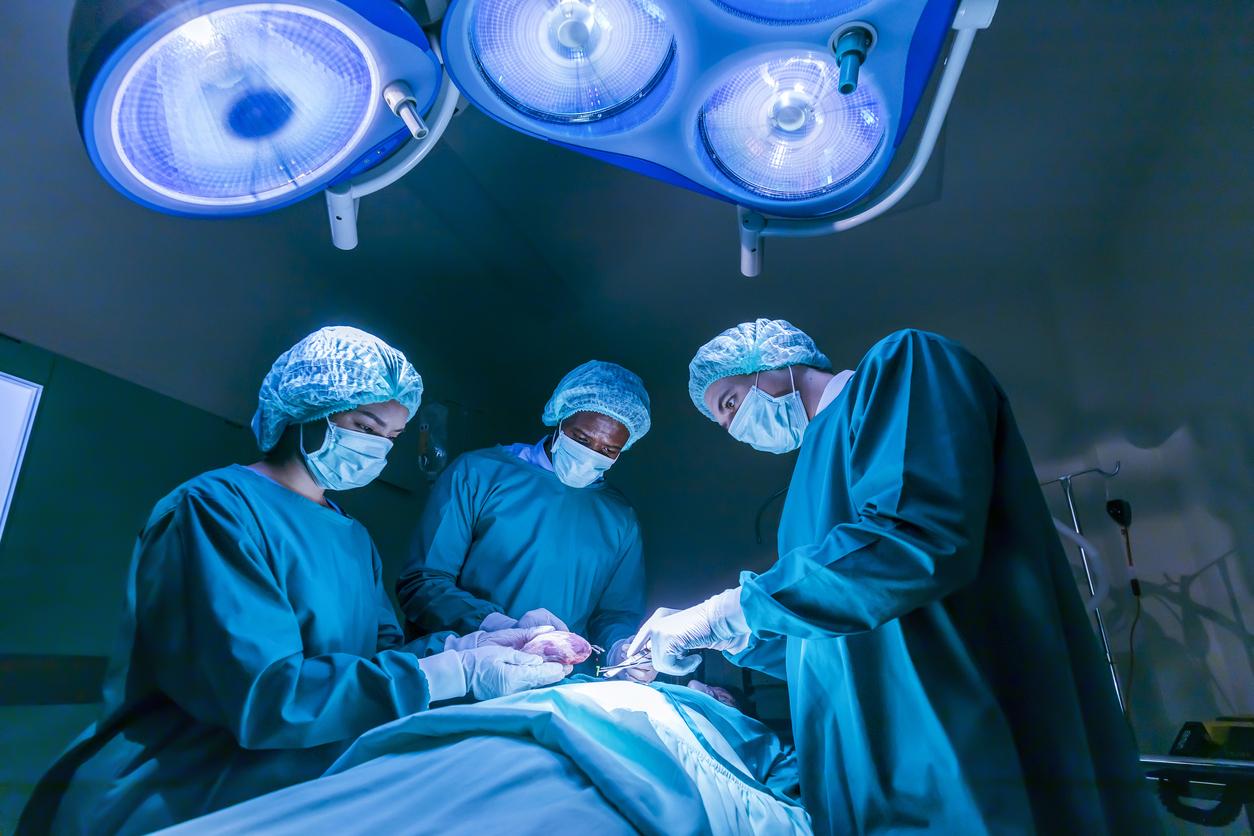At the Foch hospital in Suresnes, a 30-year-old with Rokitansky syndrome (MRKH), responsible for infertility, received her sister’s uterus.

- “About 80 uterus transplants have so far been performed worldwide,” according to Professor Jean-Marc Ayoubi.
- To perform a uterus transplant, “you need a living donor, volunteer and related (either family or a close friend)”.
For the second time, a uterus transplant was successfully performed on French soil. On September 17, a 36-year-old woman, born without a uterus, received the organ from her older sister, according to The Parisian. The transplant lasted almost 18 hours at the Foch hospital in Suresnes (Hauts-de-Seine). As for the surgery, it was “very minimally invasive”, according to Professor Jean-Marc Ayoubi, head of the obstetrics gynecology and reproductive medicine department of the health establishment.
Absence of uterus: one in 4,500 girls is affected by Rokitansky syndrome
The transplant patient suffered from Rokitansky syndrome (MRKH). This is the arrest or failure of the development of the vagina and uterus. This disease is congenital “since it is formed before birth, during pregnancy when certain developmental abnormalities may occur”can we read on Necker Hospital website. This malformation affects one in 4,500 girls. Without the uterus, women affected by Rokitansky syndrome cannot have children, because the embryo develops in this organ.
First uterus transplant in France: the patient is expecting a second child
In March 2019, Déborah Berlioz had been the first woman to receive a uterus transplant in France. The organ had been donated by his own mother who was 57 years old. The 30-year-old, suffering from Rokitansky syndrome, had also undergone this operation at the Foch hospital in Suresnes and followed by Professor Jean-Marc Ayoubi and his teams.
After this transplant, the patient became pregnant thanks to an embryo transfer. Now she is expecting a second child, who is expected to come into the world in March 2023. After giving birth, she will have the transplanted uterus removed and will be required to undergo anti-rejection treatment.
For the Foch Hospital teams, this medical feat can give hope to women born without a uterus or with uterine infertility caused by removal of the uterus or a non-functional organ.










-1730888646.jpg)






